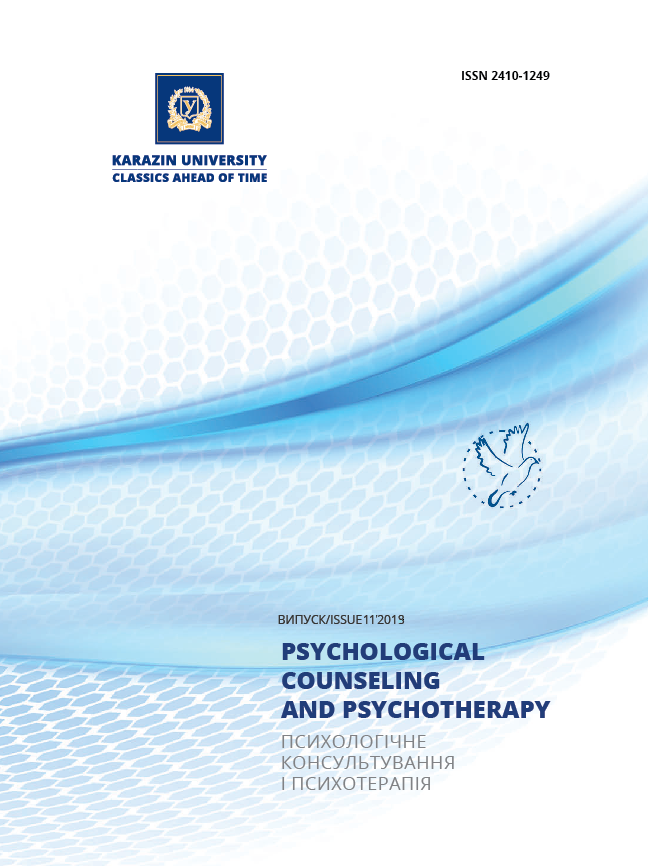“Key Words”and Mediation Practices in Special Pedagogy
Abstract
The topics of this article concern the importance of mediators in education and the inclusion of children in general and, in particular, of those children who have difficulties due to disability, disorders or handicaps. The educator must deal with the individual as a whole and, with the help of the mediators, he must be able to achieve the goals set out in his educational project (or in a relationship of support), taking into consideration the overall needs and strengths of the subject with whom he works, or rather, cooperates. The mediators are defined as a relational resource and as a support to therapeutic, educational and assistance initiatives. They could act as harmonizers and attenuators in particular conditions of stress, suffering and conflict and they could be a valid aid for people with various problems in relationships, communication and with disturbed social behavior. Especially they would support minors, but also those people who have difficulties due to disability, including intellectual disability, and those people who are living critical situations of personal and social vulnerability or suffer an extreme social marginalization. This article highlights the particular importance of mediations and mediators in educational-pedagogical practices in schools and extra-scholastic settings, which are necessary for the growth and learning of children with disabilities. These children must be guaranteed the right to have a complete education in an “ordinary” and not separate, that is inclusive, social path.
Downloads
References
Canevaro A., Le logiche del confine del sentiero, Erickson, Trento, 2006, Pag. 25 [The Logic of the Border of the Path].
Canevaro A., Nascere fragili. Processi educativi e pratiche di cura, EDB Educazioni Dehoniane Bologna, 2018,Pag.18 [Being born fragile. Educational processes and care practices].
Canevaro A., Pedagogia Speciale. La riduzione dell’handicap, Mondadori, Milano, 1999, Pag. 5 [Special Pedagogy. Reducing the Handicap].
Canevaro A., Pietre che affiorano. I mediatori efficaci in educazione con la “logica del domino”, Erickson, Lavis (TN), 2016, Pag. 73. [Stones that emerge. Effective mediators in education with the “logic of dominoes”].
Cfr. World Health Organization, International Classification of Impairments, Disabilities and Handicaps (ICIDH), Geneva, 1980.
Dizionario della lingua italiana “Treccani”. Deficit. [Dictionary of Italian Language “Treccani”. Deficit]
Lascioli A., Educazione Speciale. Dalla teoria all’azione, Franco Angeli, Milano, 2011, Pag. 17 [Special Education. From Theory to action].
Montalcini R. Levi, Elogio dell’imperfezione, Garzanti, 1987. [Praise of Imperfection].
Powers M.G., La principessa che credeva nelle favole, Piemme, 2014, Pag.184 [The Princess, who believed in fairytales].








